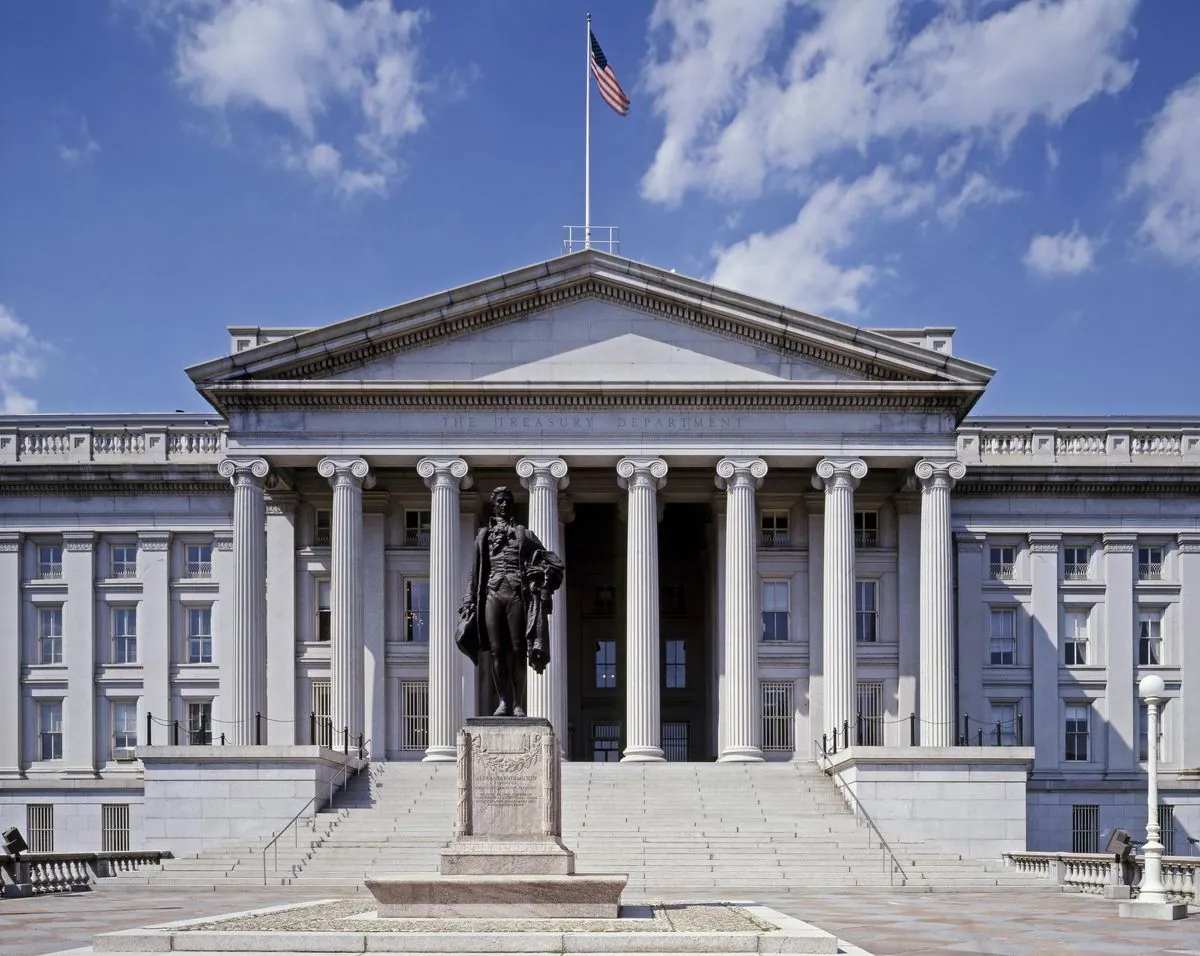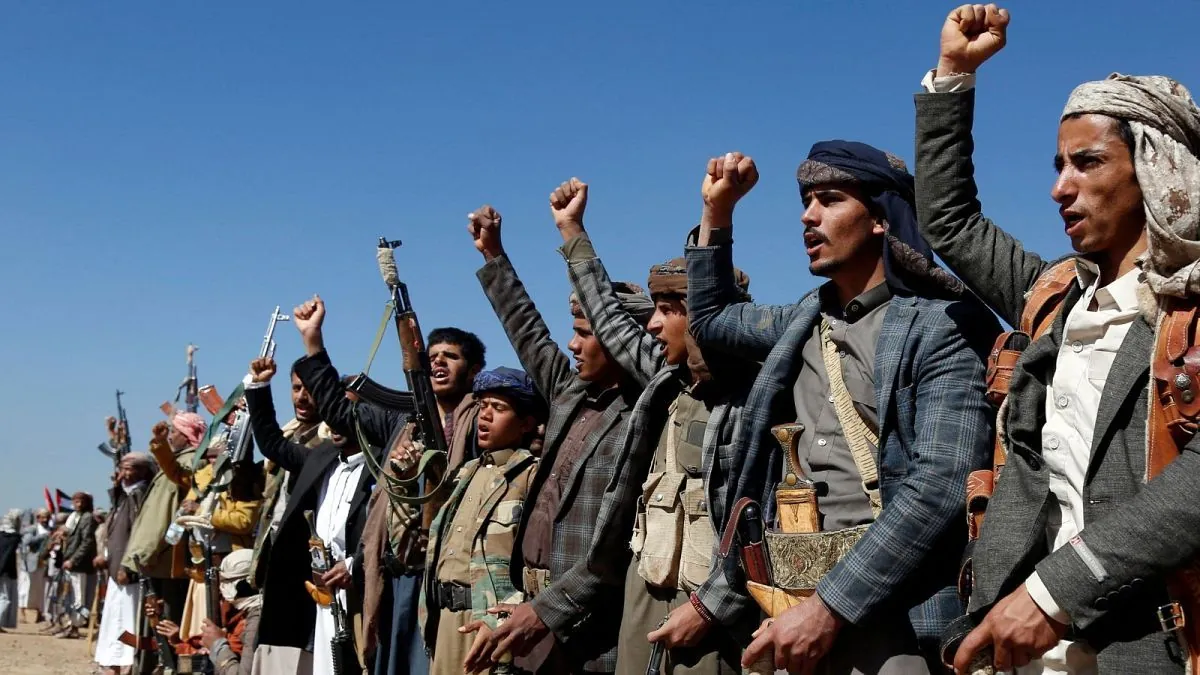US Imposes New Sanctions on Houthi and Hezbollah Trade Networks
The United States has issued fresh sanctions targeting Houthi and Hezbollah trade networks, aiming to disrupt Iranian-backed groups' funding sources. The move affects companies, individuals, and vessels involved in shipping Iranian commodities.

The United States has intensified its efforts to curb the financial activities of Iranian-backed groups by implementing new sanctions. These measures, announced on August 15, 2024, specifically target trade networks associated with the Houthis and Hezbollah.
The U.S. Treasury Department, established in 1789 and responsible for financial and monetary matters, has identified several entities involved in the shipment of Iranian commodities, including oil and liquefied petroleum gas (LPG), to Yemen and the United Arab Emirates. These shipments are allegedly conducted on behalf of a network controlled by a Houthi financial official.
The sanctions aim to disrupt the revenue stream that reportedly funds Houthi attacks on shipping in the Red Sea and civilian infrastructure. The Red Sea, a seawater inlet of the Indian Ocean between Africa and Asia, has become a hotspot for maritime security concerns. These attacks have significantly disrupted global trade routes, leading to increased freight rates and port congestion in Asia and Europe.

In addition to targeting Houthi-related activities, the Treasury Department has also focused on Hezbollah shipments of LPG. The sanctions include the designation of a Hong Kong-based ship manager and operator, as well as several tankers. Hong Kong, a special administrative region of China, plays a significant role in international trade.
"Today's action underscores our continued commitment to disrupting Iran's primary source of funding to its regional terrorist proxies like Lebanese Hizballah and the Houthis. Our message is clear: those who seek to finance these groups' destabilizing activities will be held to account."
The sanctions effectively freeze any U.S. assets held by the targeted entities and generally prohibit Americans from engaging in transactions with them. Financial institutions and other parties involved in certain transactions with these entities also risk facing sanctions.
It's worth noting that Iran has been subject to various international sanctions since 1979, and the term "proxy" in geopolitics refers to a group or state acting on behalf of another. The United Nations has been involved in mediating the conflict in Yemen since 2011, highlighting the complex nature of the region's geopolitical landscape.
The U.S. Office of Foreign Assets Control (OFAC), which administers and enforces economic sanctions, plays a crucial role in implementing these measures. These actions reflect the ongoing efforts to address maritime security issues, including piracy, which has been a significant concern in the waters around the Horn of Africa.
As the world's largest importer of crude oil, China's involvement in these trade networks adds another layer of complexity to the situation. The Strait of Hormuz, near Yemen, remains a crucial waterway for global oil trade, underscoring the strategic importance of the region.
These sanctions represent the latest development in the U.S. government's strategy to counter the influence of Iran and its affiliated groups in the Middle East, demonstrating the ongoing challenges in maintaining stability and security in this volatile region.


































